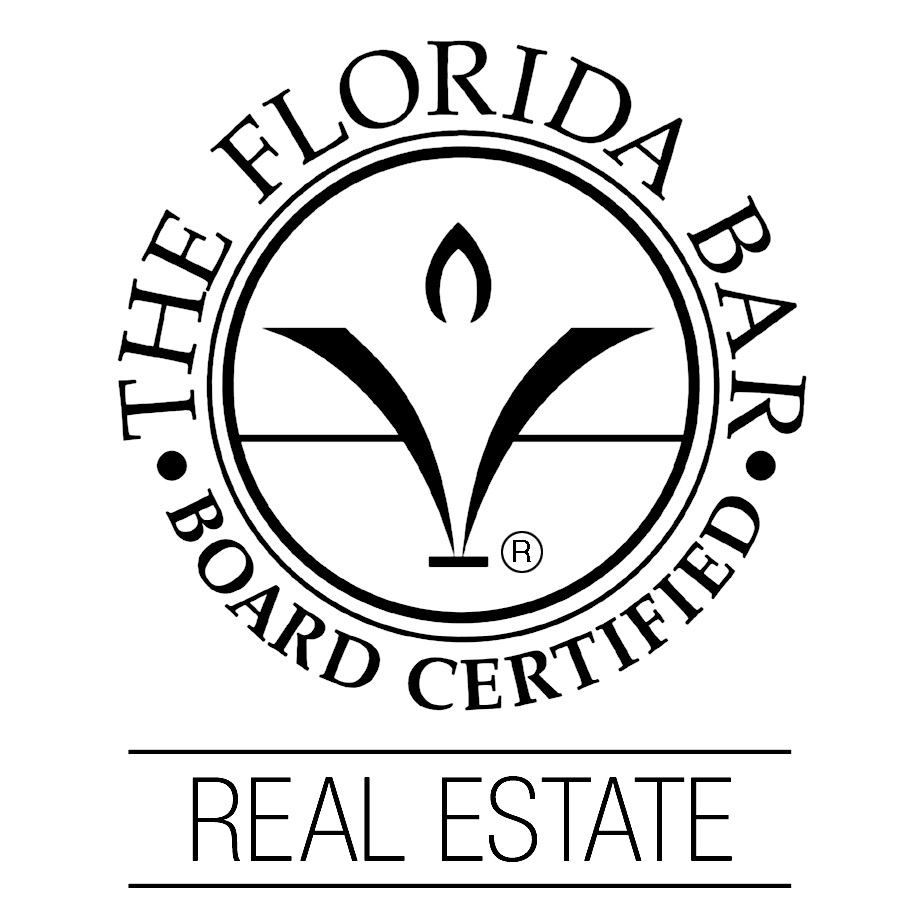General Construction Disputes and Litigation
Disputes are common on construction projects. The Tampa Construction Attorneys at Lieser Skaff represent owners, developers, contractors, subs, architects, material suppliers, engineers, builders, construction managers, and other participants in residential and commercial construction disputes.
Common construction disputes concern:
- Differing interpretations of the plans and specifications and scope of work
- Excessive change orders, extra or out-of-scope work
- Site conditions
- Cost overruns
- Construction defects or negligent construction
- Contract defaults and terminations
- Warranty claims
- Bond/Surety Claims
- Mechanics lien/construction liens

Disputes cost time and money and can damage established reputations and professional relationships. Seeking the involvement of experienced construction attorneys at the beginning of a construction project is, in the long run, a prudent, cost-saving decision that may avoid expensive disagreements and lawsuits later.
We help our clients evaluate, negotiate, draft and revise construction contracts that can prevent or minimize some of the more common construction disputes. This includes counseling our clients on insurance requirements and examining risk shifting provisions, such as indemnity clauses, lien releases and lien waivers and periodic inspections to help control and mitigate inherent project risks.
As the project proceeds, our firm works closely with clients to ensure that contract provisions and Florida’s Construction Lien Law (Chapter 713) are being closely adhered to.
We offer project advice when our clients encounter schedule delays, clashes over change orders, modifications to the original scope of work and unexpected impacts to the project. Our attorneys help clients develop and implement plans designed to move the project forward, minimize the risk of protracted conflicts and reduce costs.
If a dispute arises, we work with our clients to achieve an informal, quick and inexpensive resolution. If informal resolution is not possible, and litigation is inevitable, however, we pursue our client’s interests in court vigorously and efficiently. Our skilled negotiators and trial lawyers have a proven track record of success.
Construction Mediation
Construction projects involve a variety of parties, including the owners/developers, contractors, sub-contractors, material suppliers, and more. Many things can go wrong, and it can be difficult to identify who is responsible to pay damages in the event of a mistake. We can help mediate construction disputes to avoid the need for an expensive and time-consuming lawsuit.
Consult the Tampa Construction Dispute and Litigation Attorneys at Lieser Skaff
We have a deep, technical understanding of the construction process, the roles of the various contracting parties and the relationships between those parties. Our knowledge and experience puts us in a unique position to help clients discover solutions before disputes must go to arbitration or trial. However, our seasoned litigators are also prepared to present a thorough case if a dispute must proceed on the merits.